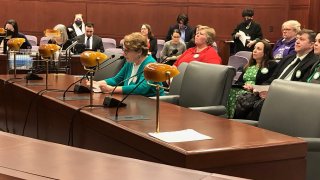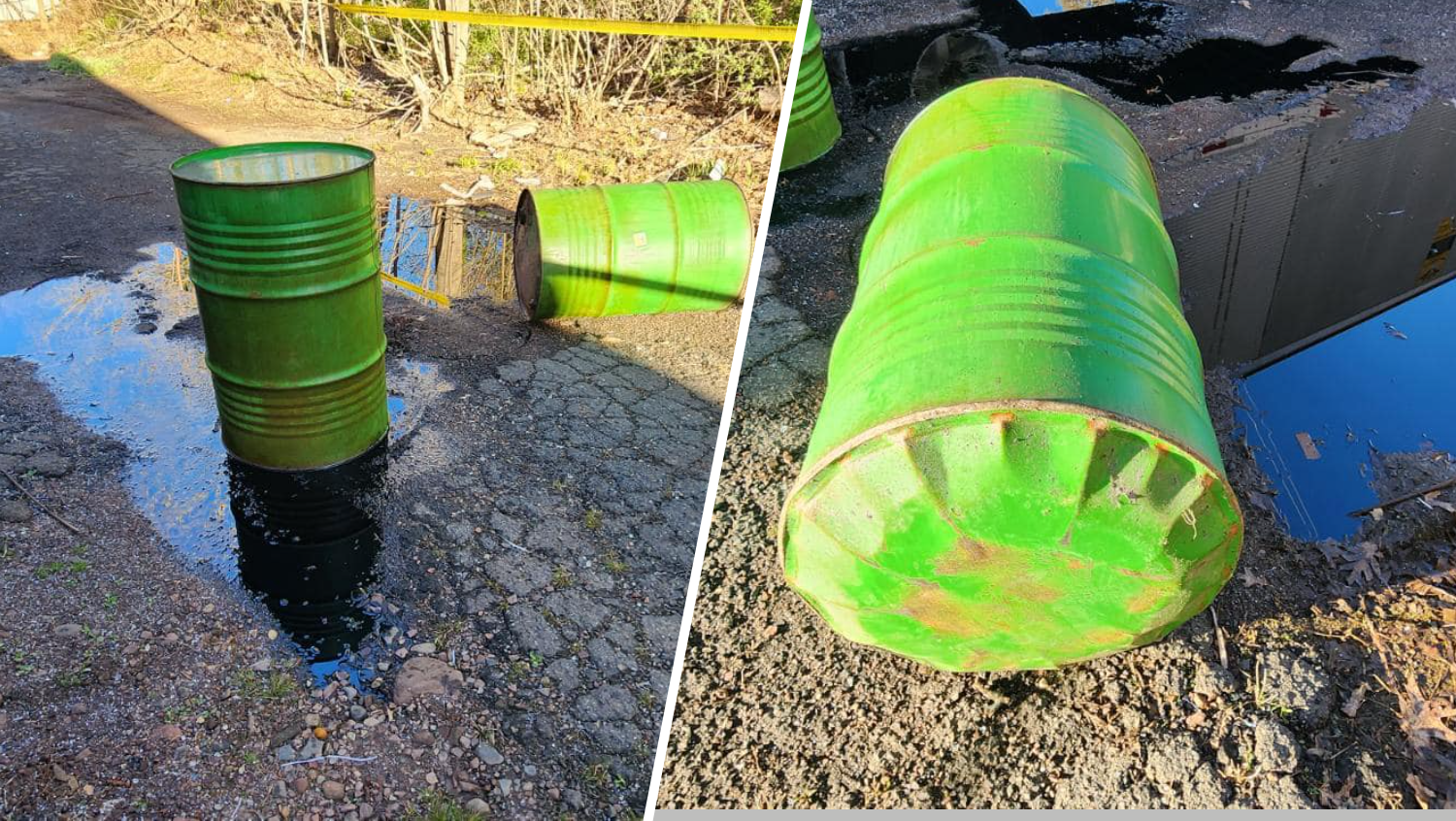
The state’s Judiciary Committee heard testimony Wednesday about a House Joint Resolution that would exonerate people accused of witchcraft.
Supporters would like those who were executed for these crimes in Connecticut, to have their names cleared.
Between 1647 and 1697, at least 34 people were accused of such crimes, with 11 people hanged for it in Connecticut.
Now, lawmakers are considering wiping the slate clean. House Joint Resolution 34 – a resolution concerning certain witchcraft convictions in Colonial Connecticut - was introduced by State Representative Jane Garibay.
Get Connecticut local news, weather forecasts and entertainment stories to your inbox. Sign up for NBC Connecticut newsletters.
“These were not witches,” Garibay said during the hearing. “They were people, women who were executed for electing to wear certain clothing or being too assertive.”
Garibay and others contend that those who were hanged during the 1600s for witchcraft were executed for unfounded reasons.
Among those testifying were descendants, including one woman who says she is the great granddaughter, 10 times over, of Joan and John Carrington.
Local
The Carringtons were executed for Witchcraft in Hartford in 1651.
“How do I tell my five grandchildren what happened to their 12th great grandparents?” said Dr. Suzanne Vogel-Scibilia, who flew from western Pennsylvania for the hearing.
Among the most powerful speakers during the hearing, was the youngest.
“If I had a time machine, I would travel back to Hartford in the 1600s to help the people being accused of witchcraft,” said nine-year-old William Schloat, addressing the committee. “I would, especially try to rescue the young children, whose mothers were being called witches.”
Catherine Carmon, 14, is from Windsor, the same hometown as Alse Young, the first woman in New England hanged for witchcraft. Carmon has studied the trials and is pushing for people’s names to be cleared.
“By doing so, we would be officially acknowledging their innocence and say 'we shouldn’t have done this. This was wrong,'” Carmon said.
Connecticut’s executions came decades before the infamous Salem witch trials. All those convictions have since been exonerated, which is what descendants like Vogel-Scibilia would like here.
“We don’t necessarily want anything particularly judicial, but just some statement of regret. Some acknowledgment,” Vogel-Scibilia said.
While dozens supported the resolution, there was some resistance from lawmakers pointing out these events occurred before the United States was even established. Windsor’s Beth Caruso says some kind of correction of the record is still needed.
“The victims, their families’ reputations were tarnished well into statehood,” she said.
Caruso authored the historical fiction book, “One of Windsor,” based upon the execution of Windsor’s Alse Young. Now, she is one of this movement’s biggest supporters.
“We are hoping that this can be a stepping stone for a memorial so that families can come and pay their respects somehow,” Caruso said.
Of the 26 people registered to speak, there was only one person opposed.
“We still have people in prison for cannabis right now. I mean, [why] focus on something [hundreds of] years ago when people’s lives are being affected right now?” said Josiah Schlee of Simsbury.



